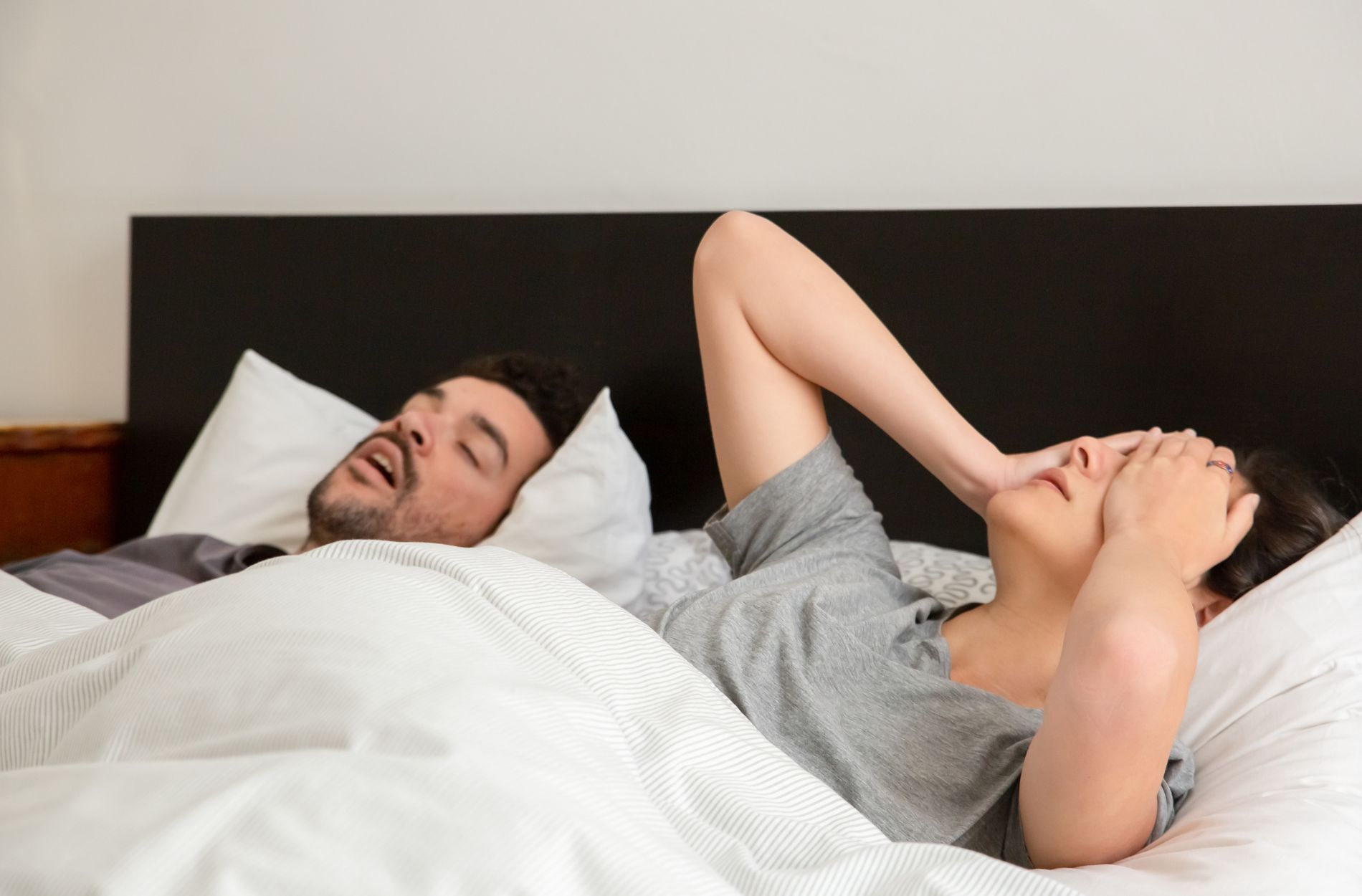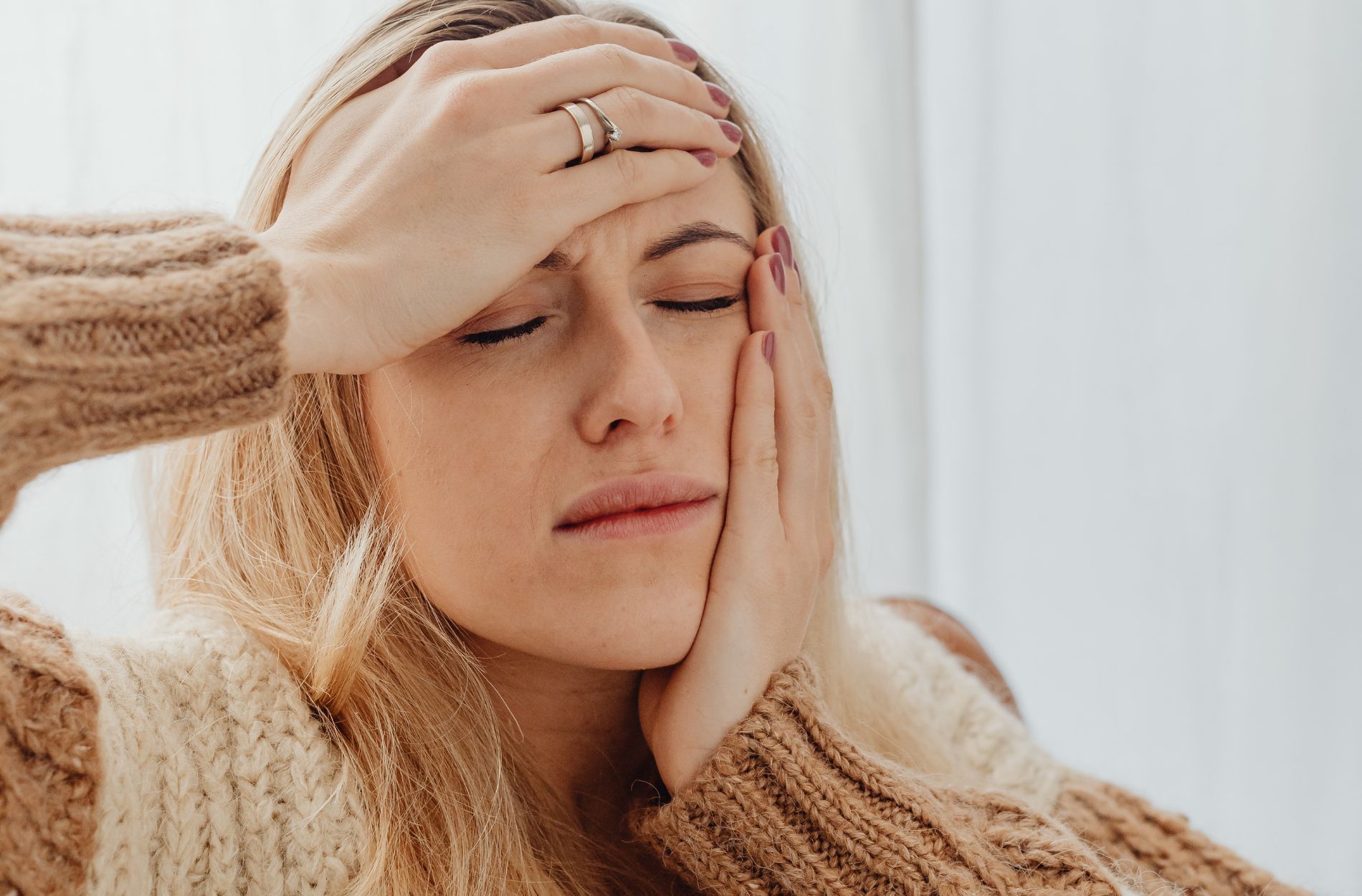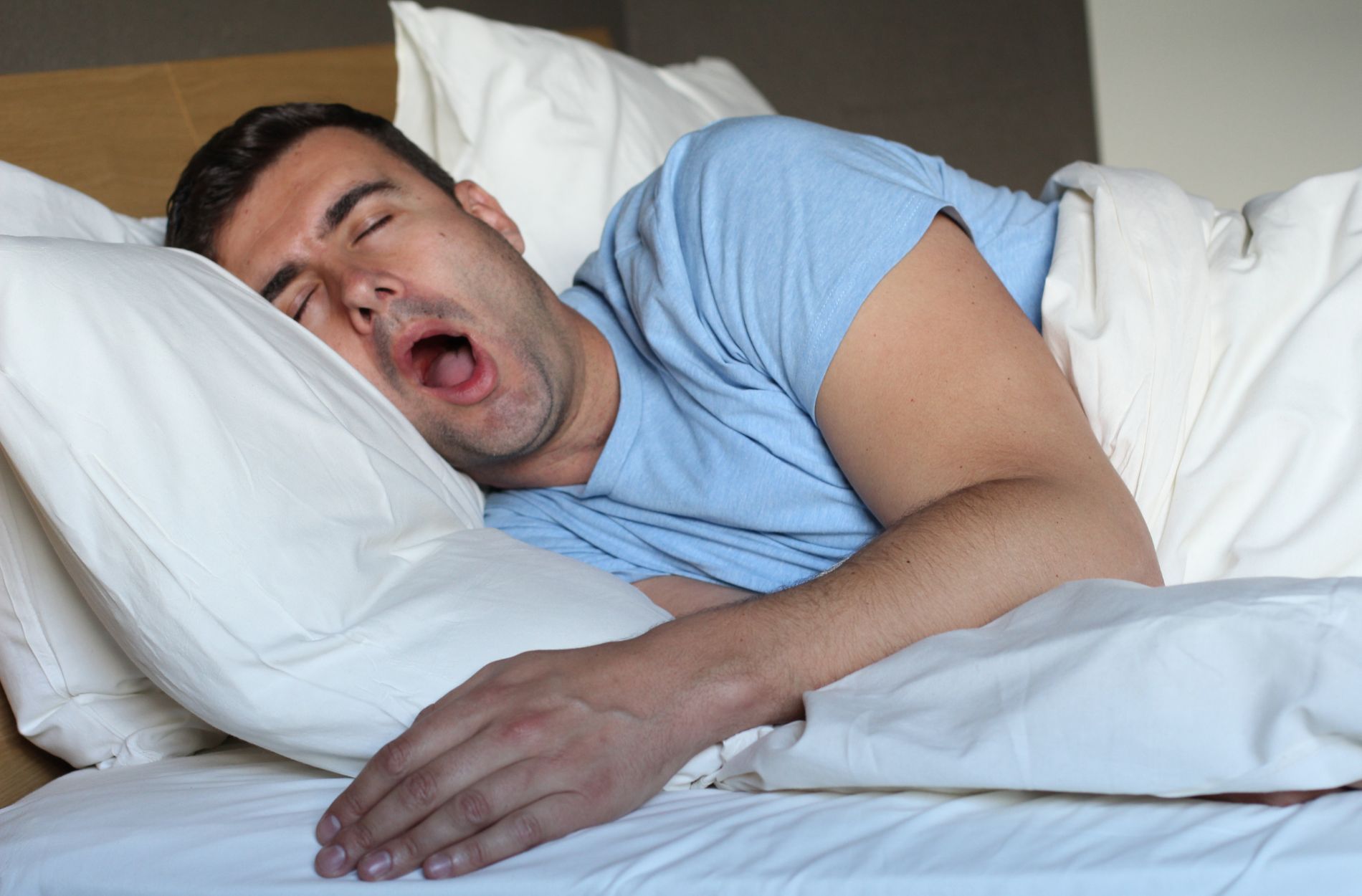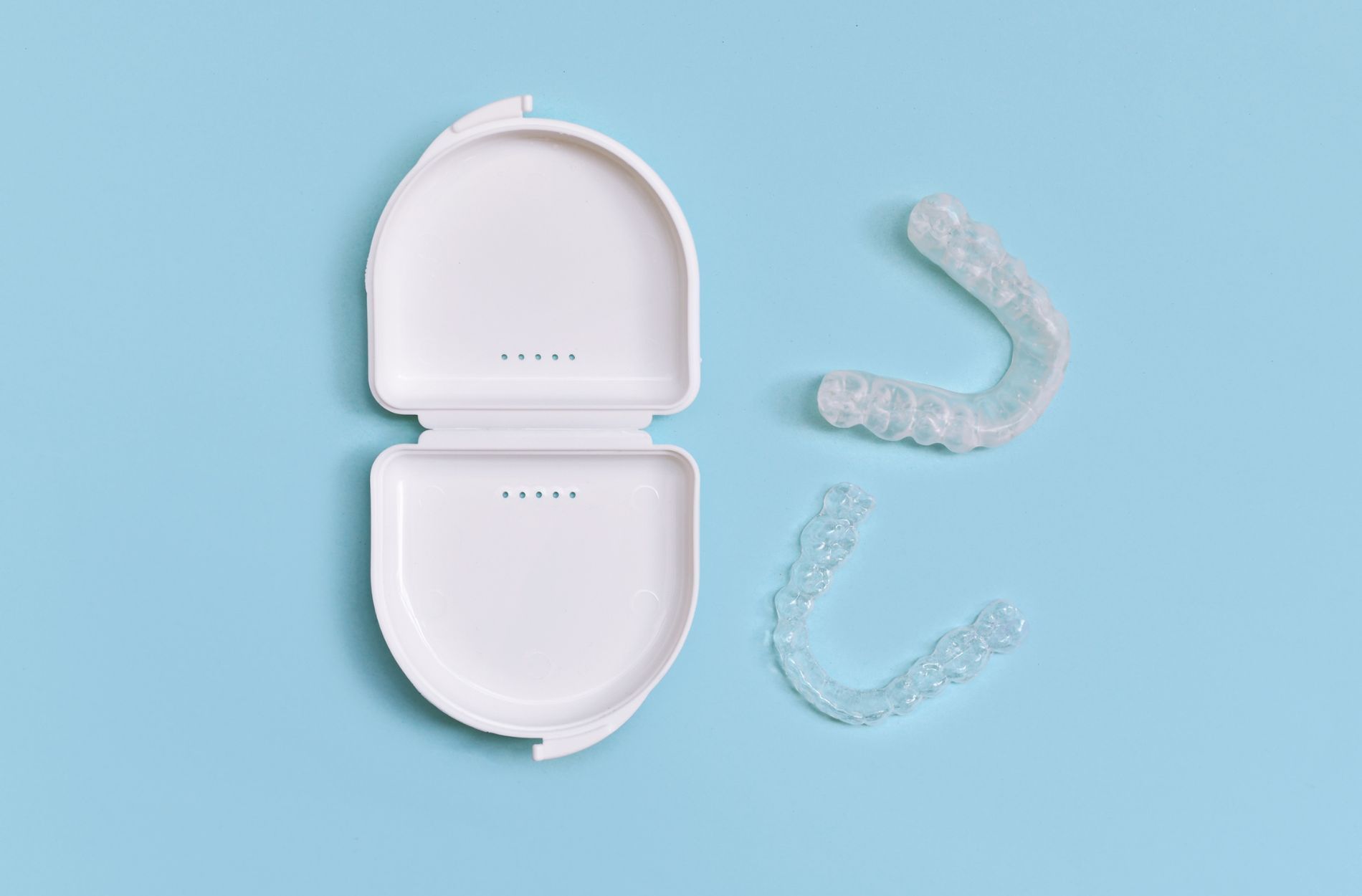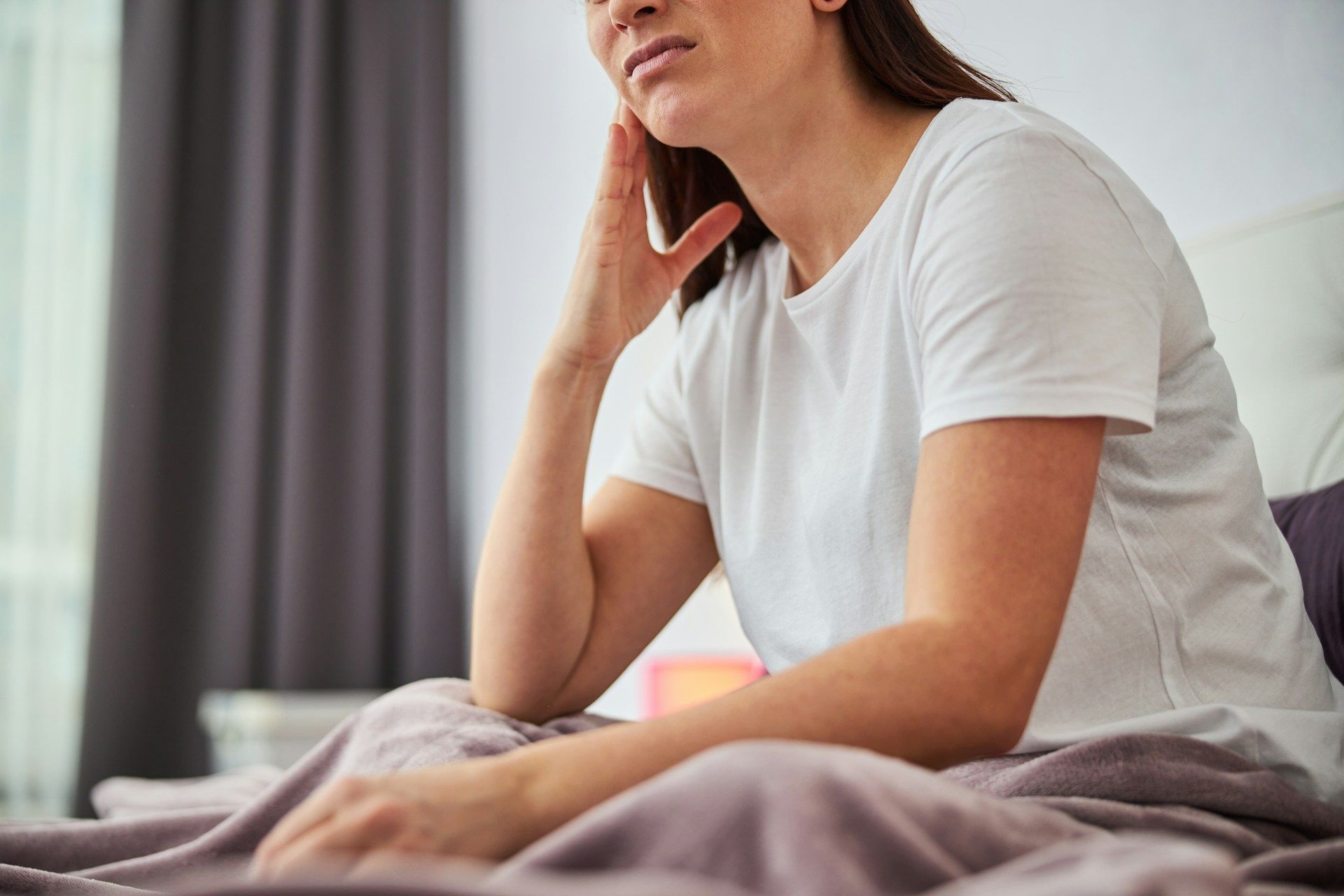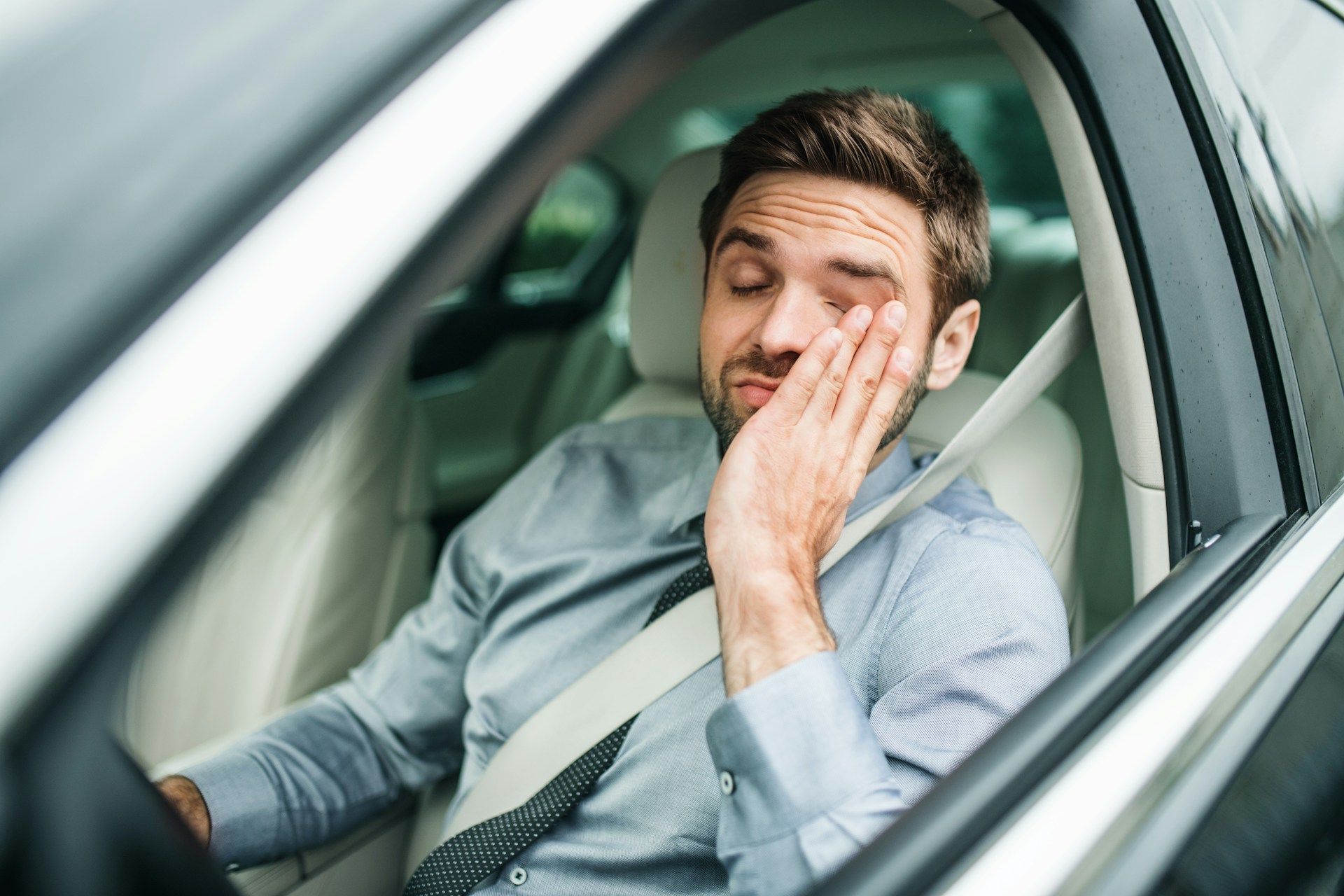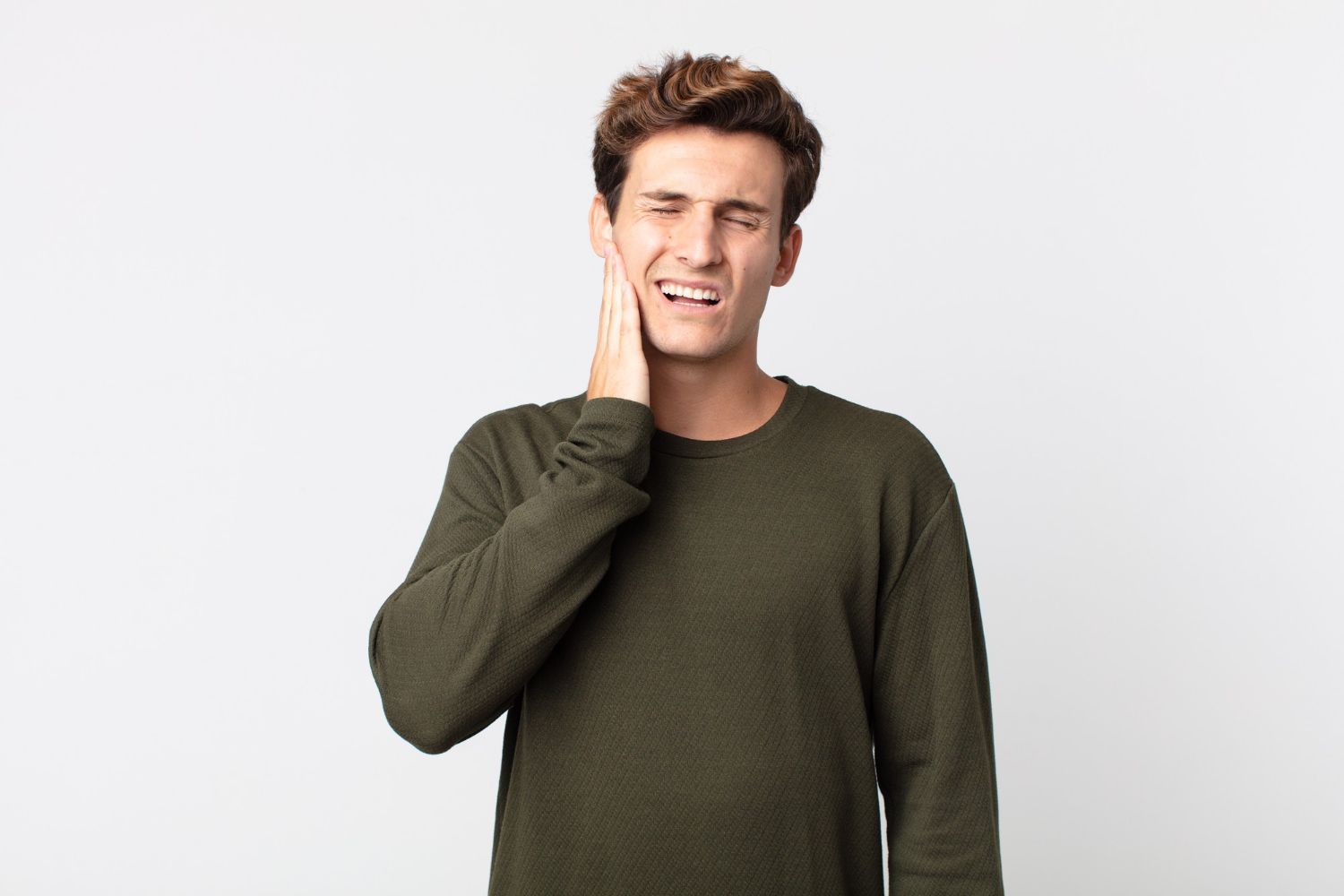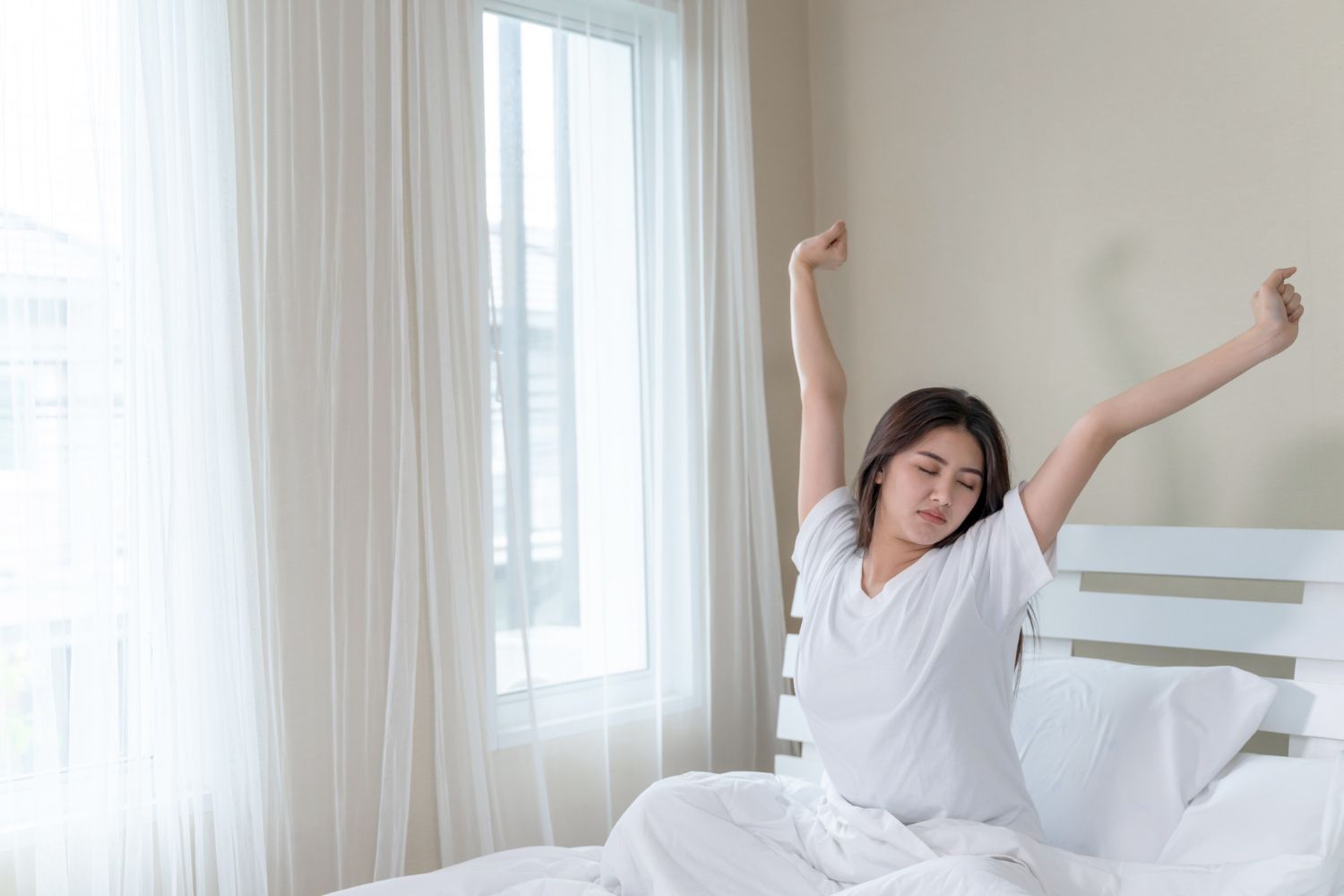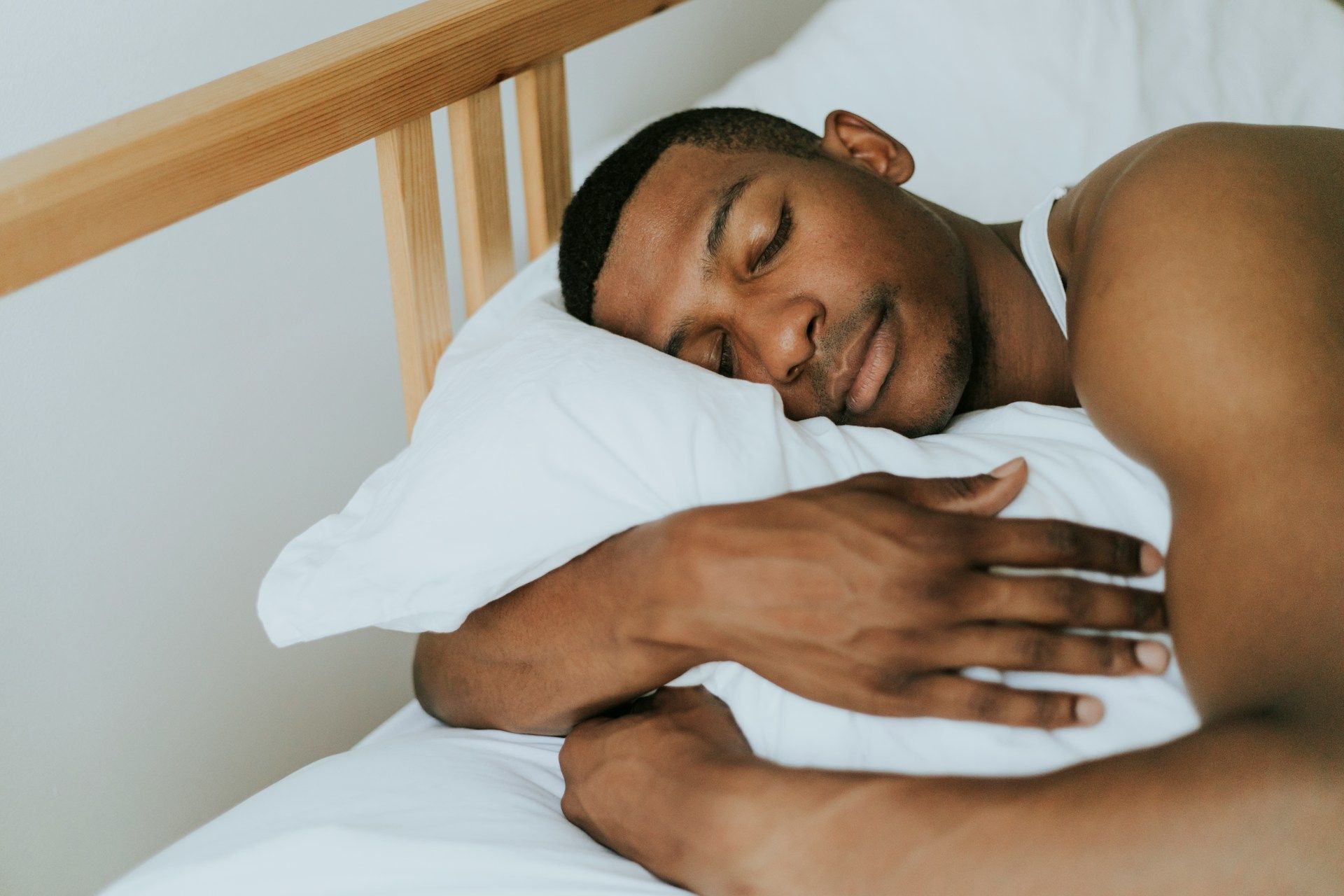Do Home Remedies for Sleep Apnea work?
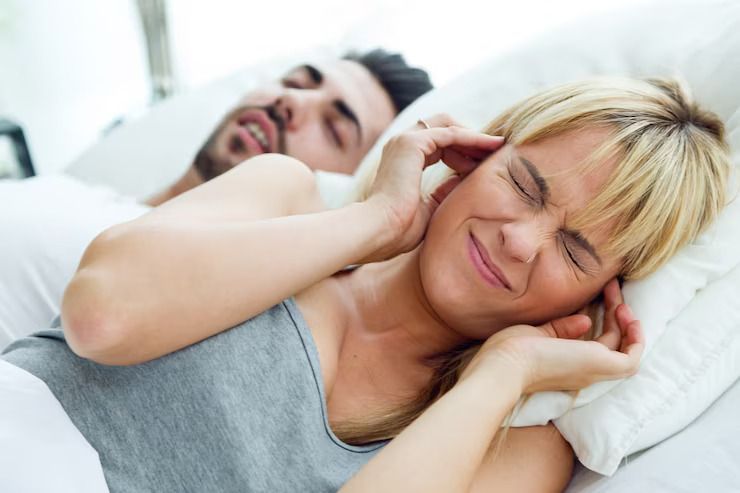
Home Remedies for Sleep Apnea Work
The Center for Sleep Apnea & TMJ in Idaho recommends trying natural home remedies for sleep apnea once you suspect that you have sleep apnea. The beauty of these remedies is that most are non-invasive and cost-effective, freeing you from expensive medical treatments. The most common strategies to include are regular exercise, losing excess weight, avoiding alcohol and caffeine close to bedtime, and creating a better sleeping environment.
The number of hours devoted to sleep should also be increased, and the frequency of naps throughout the day to ensure that your body is functioning at its best. All these steps may slowly help reduce the symptoms of sleep apnea, but potentially more long-term solutions can only be accessed by consulting a professional such as those trained staff at The Center for Sleep Apnea & TMJ in Idaho; we can also suggest common treatment for sleep apnea in Idaho it is important to treat it because there are several hidden health issues associated with sleep apnea.
What Is Sleep Apnea and What Are the Symptoms
Sleep apnea is a serious sleep disorder that can affect anyone, from babies to the elderly. It is characterized by repeated pauses in breathing during sleep despite attempts to breathe. The length and severity of these pauses significantly reduce oxygen levels in the blood resulting in fragmented, fitful rest.
Some common signs and symptoms of sleep apnea include loud snoring, difficulty concentrating and staying awake during the day, morning headaches, and dry mouth or sore throat upon awakening. It is important to identify home remedies for sleep apnea, such as avoiding muscle relaxants, sleeping on your side rather than your back, avoiding alcohol consumption before bedtime as it relaxes breathing muscles too much, avoiding caffeine late at night, maintaining a healthy weight, and getting regular exercise. With proper implementation of these home remedies for sleep apnea as well as other sleep apnea solutions like CPAP machines from a professional health professional, sufferers of sleep apnea can experience a much better quality of restful shut-eye.
What Are Some Home Remedies for Sleep Apnea?
If you are looking for home remedies to help manage your sleep apnea, a few options are worth exploring. One of the most common is avoiding alcohol or caffeine near bedtime, as these substances can disrupt normal sleep cycles. Additionally, maintaining a regular sleep and wake schedule and avoiding daytime naps can help ensure quality sleep at night. Additionally, making lifestyle modifications such as losing weight, if needed, can clear up obstructed airways and eventually promote better breathing while asleep. Moreover, using essential oils like lavender and cedarwood can be an effective home remedy for sleep apnea. Finally, nasal dilator strips―which open nasal passages―and specialized pillows meant to alleviate snoring may be useful additions to home-based solutions for dealing with this condition. All in all, various home remedies may help deal with symptoms of sleep apnea and ultimately positively affect overall health.
Sleep apnea can have a profoundly negative effect on your well-being, from causing daytime drowsiness to serious cardiovascular issues. Fortunately, natural remedies such as changing your sleeping position can effectively treat the condition. By elevating your head or chest and sleeping on your side, you can reduce the risk of snoring or experiencing sleep apnea episodes during the night. This is a relatively simple and natural way to treat mild to moderate cases of sleep apnea, although more severe cases might require a combination of lifestyle changes, behavioral treatments, and medical interventions like surgery or Continuous Positive Airway Pressure (CPAP) therapy — the most common treatment for sleep apnea in Idaho.
If you are looking for medical treatment options, consult with your doctor to discuss medication and other possible treatments. Some of the most common treatments include continuous positive airway pressure (CPAP) therapy, oral appliances that help position the jaw or tongue during sleep, and surgical procedures that remove excess tissue from the throat or nose.
What Are the Long-Term Complications of Sleep Apnea?
In some cases, untreated sleep apnea can lead to various chronic health problems such as cardiovascular diseases, stroke, and high blood pressure. It is also associated with a higher risk of motor vehicle accidents due to frequent bouts of excessive daytime sleepiness. Furthermore, it has been linked to depression, anxiety, and diabetes. There is also a potential cognitive decline associated with sleep apnea due to the lack of quality restful sleep. It is important for individuals suffering from this condition to seek out medical help in order to avoid any long-term complications that may arise from it.
Overall, if you are experiencing any symptoms of sleep apnea, it is important to seek the advice of a health professional and take steps to remedy the condition. Additionally, implementing home remedies such as avoiding caffeine and alcohol, maintaining a regular sleep schedule, sleeping on your side, and using essential oils can help improve symptoms of sleep apnea. Ultimately, managing this condition effectively will lead to improved quality of life and better overall health.
Do Any of These Home Remedies Work?
There is no one answer to whether any of these home remedies work when it comes to sleep apnea. Home remedies for sleep apnea seek to control sleep apnea symptoms and improve sleep quality without the use of prescription medications or sleep devices. While these natural solutions can work for some, there’s no guarantee that they will work universally or even at all. Some of the most popular sleep apnea natural treatments include positive airway pressure devices, wedge pillows, nasal dilators, and special design sleepwear. Though they may provide relief, different sleep apnea cases have different underlying causes making a generic home remedy less effective than therapy that examines the root cause of the issue. It's important to consider professional assistance if trying home remedies doesn't help – sleep apnea should always be diagnosed and treated by a doctor.
How Can You Tell If You Have Sleep Apnea?
Knowing the symptoms of sleep apnea is essential to getting the help you need. Common signs include loud snoring, sleep interrupted by gasping or choking, extreme sleepiness during the day, and waking with a dry mouth or sore throat. You should also be aware that sleep apnea affects everyone differently and can show up in many ways.
If you think you may have sleep apnea, seeing a doctor is important to properly diagnose the condition and receive treatment that is best suited for you. Fortunately, there are natural sleep apnea treatments available that can help alleviate sleep apnea symptoms without the use of medications or respiratory devices. Simple lifestyle changes such as eliminating smoking and alcohol, developing good sleep hygiene habits, and maintaining a healthy weight can make all the difference in improving your sleep quality and reducing sleep apnea symptoms.
What Should You Do If You Think You Have Sleep Apnea?
If you're experiencing symptoms of sleep apnea, such as snoring excessively, having difficulty staying asleep throughout the night, and sometimes even feeling quite sleepy during the day, it's important to consult with a doctor to get a proper diagnosis. The Center for Sleep Apnea and TMJ in Idaho can provide helpful resources and advice when it comes to addressing potential sleep apnea cases.
The center educates patients on the best possible treatments available so they can manage their condition with the most effective methods available. Most commonly, lifestyle changes or oral appliances that can be worn during sleep are used to treat mild to moderate cases of sleep apnea. CPAPs (Continuous Positive Airways Pressure) may also be prescribed for more serious cases in order to open up airways during sleep. In any case, The Center for Sleep Apnea and TMJ in Idaho is your best option for seeking treatment for your sleep apnea.
What Other Sleep Apnea Solutions Should I Consider?
In addition to home remedies, there are a number of medical and technological treatments that may be considered for those with sleep apnea. Continuous Positive Air Pressure (CPAP) machines use pressurized air to keep the airways open and reduce snoring, while oral appliances like mandibular advancement devices (MADs) help to reposition the jaw and tongue forward, allowing for improved airflow. Surgical options also exist to remove excess tissue from the throat that may be blocking airways or to alter the position of the jaw or tongue.
Regardless of which treatment option is chosen, it’s important to get a proper diagnosis from a doctor before beginning treatment. This will ensure that the right course of action is taken to remedy sleep apnea and improve the overall quality of life. For those who don't have access to professional medical care, there are home remedies available that can help reduce or even eliminate some of the symptoms associated with sleep apnea. Examples include sleeping on your side, avoiding alcohol and smoking before bed, maintaining a healthy weight, and avoiding sleeping pills. These remedies are often easier to adopt but may be less effective in the long term.
The best course of action is to consult with a doctor and discuss which treatments are most suitable for your individual circumstances. A doctor can help provide guidance and advice on viable sleep apnea solutions that will have the greatest impact on your quality of life.
Sleep apnea is a hidden health issue that affects more than 25 million Americans, yet it is often shared with their loved ones. Those suffering from untreated sleep apnea can be at risk for an array of negative mental and physical health outcomes, and lack of treatment can have a serious impact on their friends, family, and caretakers. It is difficult to maintain healthy relationships when one’s spouse or partner may suffer from chronic fatigue, wake up frequently at night, or experience others signs of sleep apnea.
The best treatment for sleep apnea is the regular usage of and compliance with the use of CPAP (continuous positive airway pressure) to ensure the sufferer obtains restful, quality sleep each night. By providing themselves and their loved ones the support needed to access proper treatments such as this tool, individuals should be able to maintain healthy relationships while receiving the best medical care available.
The Center for Sleep Apnea and TMJ in Idaho is at the frontline of combating sleep apnea with the best treatments possible. The facility offers options such as oral appliances, Continuous Positive Airway Pressure (CPAP) machines, and even surgery in extreme cases. The team of dedicated medical professionals at the center has gained renown as global leaders in diagnosing and treating sleep apnea patients using many effective methods. The Center utilizes a combination of prevention, diagnosis, treatment, education, and individualized care to provide a complete care plan to every patient in order to ensure that everyone can enjoy healthier and fuller lives once again.

